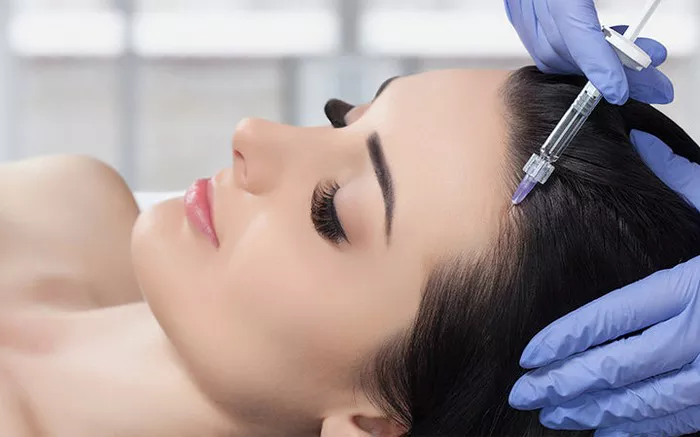Botox, the popular cosmetic treatment known for its ability to reduce the appearance of wrinkles, has gained significant popularity in recent years. However, like any medical procedure, it can come with certain side effects. One common side effect reported by some individuals is itching after receiving Botox injections. In this article, we will explore the potential causes of itching after Botox and discuss how long it typically lasts.
Understanding Botox and Its Effects
Botox, or botulinum toxin, is a neurotoxin that is injected into specific muscles to temporarily paralyze them. It works by blocking the signals between nerves and muscles, preventing muscle contractions that lead to the formation of wrinkles. Botox is commonly used to treat frown lines, crow’s feet, and forehead wrinkles, among other cosmetic concerns.
Possible Causes of Itching After Botox
While itching is not a commonly reported side effect of Botox injections, it can occur in some cases. The exact cause of itching after Botox is not fully understood, but there are a few potential explanations:
Allergic Reaction: Itching can sometimes be an allergic reaction to one of the components of the Botox formulation. While rare, it is possible for individuals to be allergic to Botox. Allergic reactions may also cause other symptoms such as swelling, redness, and hives.
Histamine Release: Itching can also be triggered by the release of histamine, a compound that plays a role in immune responses. The injection itself may stimulate the release of histamine, leading to itching in some individuals.
Dry Skin: Botox injections are typically performed using very fine needles, which can sometimes cause minor trauma to the skin. This trauma, coupled with the drying effect of alcohol used to clean the skin before the procedure, may result in dry skin and subsequent itching.
Anxiety and Psychological Factors: It is worth noting that itching can also be influenced by psychological factors such as anxiety and stress. Some individuals may experience heightened sensitivity to physical sensations after receiving Botox injections, leading to a perception of itching that may not be directly related to the procedure itself.
Duration of Itching After Botox
The duration of itching after Botox can vary from person to person. In most cases, if itching occurs, it tends to be temporary and resolves within a few days to a couple of weeks. However, some individuals may experience itching for a longer period.
If itching persists beyond a couple of weeks or is accompanied by other concerning symptoms such as severe swelling or difficulty breathing, it is essential to seek medical attention immediately, as this may indicate an allergic reaction or another underlying issue that requires prompt evaluation.
Managing Itching After Botox
If you experience itching after Botox injections, there are several steps you can take to alleviate the discomfort:
Avoid Scratching: Although it can be tempting, scratching the affected area can further irritate the skin and potentially lead to infection. Try to resist the urge to scratch and instead find alternative ways to relieve the itch, such as gently applying a cold compress to the area.
Moisturize: To combat dry skin and alleviate itching, it is recommended to keep the treated area moisturized. Use a gentle, fragrance-free moisturizer to help hydrate the skin and reduce itching.
Over-the-Counter Remedies: Over-the-counter antihistamine creams or oral antihistamines may provide relief from itching caused by histamine release. However, it is crucial to consult with a healthcare professional or pharmacist before using any medication to ensure it is safe and appropriate for your specific situation.
Communicate with Your Provider: If you experience persistent or severe itching after Botox, it is important to communicate with the healthcare professional who administered the injections. They can assess your symptoms, provide guidance, and determine if any further intervention is necessary.
Conclusion
While itching after Botox injections is not a common side effect, it can occur in some individuals. The itching is typically temporary and resolves within a few days to a couple of weeks. If you experience prolonged or severe itching, it is crucial to consult with a healthcare professional for proper evaluation and guidance. Remember to resist the urge to scratch, keep the area moisturized, and communicate with your provider if you have any concerns. By following these steps, you can manage itching and ensure a smoother recovery after Botox treatment.


